When the sins of the past claim the future, the craving for more can turn deadly….
When the Goddess of Love and the Father of Evil determine your fate, do you fight back?
Matteaus, leader of the Fallen, never backs down from a challenge.
Not even when his fated female proves to be the most challenging of them all.
A former warrior in the Heavenly Kingdom, Matteaus, bears the scars from a past filled with misguided deeds. Determined to right wrongs, his drive for atonement is his only companion – until his next assignment brings him in to the fiery path of a beautiful female who’s been on the run for reasons of her own.
Taylor, having no patience for an unwanted love affair, tries to ignore the instant attraction to Matteaus. Yet, as their desire for each other begins to overtake, Matteaus’ steadfast determination keeps him on the path of righteousness, and away from Taylor’s searing touch. Now Taylor and Matteaus must join forces to protect the ones they love.
Could this be the mission that finally earns his redemption? Or will his past cost him everything, including the one female he is destined to love?
You can download your copy now from Amazon for 99 cents!
*****
If you could work with any author who would it be?
Do I have to choose one? LOL. If I had to pick one it would be Kresley Cole. I admire her imaginative story lines, creativity and how well her books flow. Honestly, I’d just like to have the opportunity to pick her brain, once I get over being star struck, that is.
Who is your favorite author, and is your writing style similar to theirs?
Currently, I have two favorite writers: JR Ward (aka The Warden) and Kresley Cole. Though both of them are extremely talented, I think my writing style is more similar to Kresley Cole. She incorporates a ton off different aspects into her books much like myself. She mixes all types of immortal factions as I mix immortal factions such as fallen angels and Greek gods.
What’s your favorite part of a book?
My favorite part of a book is that moment when your mouth drops open and you’re like, “I can’t believe that happened.” You find yourself smiling over it while people around you look at you like you’re nuts; then getting excited to read more–like the moment when you realize a character is so much more then you originally thought or a plot twist you did not see coming.
When naming your characters, do you give any thought to the actual meaning?
All of my characters are very personal to me. Their physical traits, mannerisms, and personalities are comprised of things I have experienced with other people. Many writers write what they know and are familiar with; I am no different. I write characters that I know and understand. When naming them, I take my time with it and make the connection I’m looking for. When speaking about them with other people, it’s like they are real to me.
How have your personal experiences affected your writing?
Well, my personal life was what started my journey into the writing world. I’ve have quite a few interesting experiences, and those experiences have made for good cannon fodder, so to speak. Usually, real events inspire the fictional ones in my books. They give me ideas for new characters, new story lines and plot twists.
What genre of books do you like to read? Do you limit yourself to only the genre that you write yourself?
I generally read paranormal; it’s where my love affair with reading began. I do try not to limit myself to one genre as reading many different genres can bring new aspects to your writing, but I’m always drawn back towards that original connection with paranormal. I find that when I read something else like contemporary, for example, I’m waiting for something to magically blow up or for the hero to reveal that he’s another species.
Were you always good at writing?
No, not at all. When I was very young I was diagnosed as dyslexic. Many specialist and educators believed that I would never read properly, be able to write or attain a college degree. It took several years and a multitude of special classes, tutors and frustrating nights to get me where I am today. It’s been a struggle, but here I am with a B.A., CEAS and a publishing contract. It just shows people that anything is possible.
How do you get started with writing a story (as in, how do you start developing the story, how do you get inspired for it).
Usually an idea pops into my head for a story. I think of the main characters and develop them in my thoughts making them ‘real.’ The story unfolds like a movie, and I just write it down. It’s like the characters speak to me and all I do is tell their story. When I started writing “The League of the Fallen,” I knew it had to be a series and have eight characters that I could focus on–one character for each book. Each one is clear in my mind. I knew Matteaus’ book had to be first and Mika would follow; then the others stepped into line. When I get geared up to write them, I always listen to music and let the words flow. Many of my books have theme songs that I relate them to.
What advice would you give to people who “run out of creativity” when writing?
Take a serious break and do not under any circumstance try to force the story. Pick up about five books and just read. Do not think about your writing at all and then it will come back. The more stress that is put on the situation the worse the block will get.
What is the most important lack in your life?
Though I’ve had my fair share of bad romances, each bad experience has brought me to this point. Without some of the more difficult times I would not be as driven, strong or determined as I am now. But my life is definitely lacking the ‘happily ever after’ that many of my characters get. Every girl dreams of their own personal Prince Charming. I haven’t met mine yet. Hopefully, he comes with glasses, an affinity for reading and can make me laugh.
Why a fiction book? What caused you to decide to write fiction?
Because my mind lives in a world of pure imagination. The world of fiction is an extraordinary place–the possibilities are endless. I don’t think the decision to write fiction was a conscious one; it is the direction I’ve always been headed. Ever since I was a child I would always dream up new characters. I’ve found where I belong and the people I want as my friends in the world of fictional writers.
You are in Walmart looking at books—you see your new book on the shelf—what do you think?
Holy s**t!! In all seriousness, it’d be very surreal for me to see my book on the shelves anywhere. It’s an exciting process to be in, and I’m just grateful to have anyone interested in reading it.
You are on a plane and someone asks if you are Megan Elizabeth and raves about your new book—how do you handle it?
I’d thank them profusely, then ask them what their favourite characters or parts were. Find out which other authors they enjoy reading, and ask if they had any books they recommend I read. Offer to sign their book for them and ask that they keep in touch with me via e-mail, twitter or Facebook.
You have the #1 bestseller in America—what would be your first thought?
I’d probably cry many, many tears of joy and be extremely grateful to all the people who supported me along the way. Then keep on writing. It’s what I love to do.
Are you at ease when interviewing? Do you find interviews generally exciting or boring?
I’m a very talkative person and love to meet new people. So for me interviewing is fun and exciting. I feel very at ease, giddy even. I tend to giggle when people ask me questions about myself or my writing. The questions are thought provoking and at times things that you usually don’t think about on a day-to-day basis.
Are you a woman with strong convictions, and do those convictions shine through when you write a novel?
Absolutely, I have a very strong moral compass, and when I write there are certain lines I believe I cannot and will not cross. I do put my characters through their trials and never make it easy because that is life; but my convictions shine through my writing When I believe something is wrong, I won’t make my Hero or Heroine do them. I might let my villain or antagonist cross that line, but eventually they’ll get what’s coming to them, one way or another. My black and white sense of justice demands it.
What puts you off when reading a book? Bad grammar? Awful editing? Slow stories?
I love to read and devour books like it’s nobody’s business. But one thing that puts me off is a slow story with names that are hard to pronounce. If I have to stop my reading flow to figure out how to say a name or place in my head, it irritates me through the whole story and distracts from what is happening in the book.
Is paradise self-made or can it be found? Is writing your paradise?
One person’s definition of paradise might be different than mine. That being said, to me paradise is self-made. Life is what you make it! Being able to write and share my stories that is one kind of paradise for me. One I would like to continue living in.
You’re out on a date with a guy and he tells you that he hates reading. Does that end the date or do you just consider that to be his loss?
Honestly, for me I wouldn’t end the date then and there, but it would be a huge strike against him. In the end, it probably wouldn’t work out. I’d be talking about the voices in my head, and he’d think I was beyond weird. But I’d still try, you never know how things might work out.
You enter “The Twilight Zone” and find yourself in a world without books or reading. Is your first reaction to explore this new place or to leave in disgust at the illiteracy of this new world?
It’d be the most miserable existence ever! I’d explore but then find a way out or attempt to change the world one book at a time. When I’m not writing, I’m teaching young students to read, so it’d be the ultimate challenge utilizing all my skills. Write a book and teach them all how to read it.
Why do you think reading has become such a rarity in the U.S.A? Do you blame video games and modern pop music for its decline?
No, I don’t blame video games or music for a decline in reading. When your first experiences with reading are not pleasant, why would you continue to do so when you’re not required by your teachers? Have you ever looked at the reading lists that they push on students in the USA? When I was finished with high school, I thought all books were depressing and had a horrible life lesson. It’s sad really that because our choices are so limited that many children miss out on the entertainment factor involved is a good story. People forget that reading of any kind is exercise for the brain, even if it’s just a great story. We should be giving our kids books that they will love and can’t get enough of. The life lessons will come when they face situations on a day to day basis. We don’t need to overwhelm them with stories about students who are bullied through the whole book then commit suicide. Why can’t the required reading include the Percy Jackson series, Harry Potter or even the Mortal Instruments? Who wouldn’t prefer music or video games over a book that’s depressing and filed with “life lessons.” Teach them to love reading, and the decline will stop. People who never experience what a truly great story has to offer are missing out on a whole other world, and it’s our own fault for not exposing them to it at an earlier age. I know I wish I had discovered that stories could be amazing at an earlier age. I’ve been playing catch up for quite some time now.
Do you agree that writers have to be salesmen in the Indie world?
I think all writers have to be salesmen no matter if you’re an Indie writer or a traditionally published writer. If you want to be successful at something, then you have to work at it, just like in any other career. Though this is my first book and I am technically not considered an Indie writer because I have a publisher, to me no matter the circumstances you need to be a salesman. I hope to entice many people to buy “Sinner’s Craving” and in order to do so I’ll have to put my sales skills to the test. No one is going to do it for you, especially in the beginning.
*****
 Megan Elizabeth is a bestselling contemporary romance, and paranormal, author who currently resides in New Jersey, United States. Her first book “Sinners Craving: League of the Fallen: Book 1” was released in 2014. She has since written another book, in that series called Borrowed Sins, and has written her first contemporary romance novel “Bound To Me: The Leather Series: Book 1.”
Megan Elizabeth is a bestselling contemporary romance, and paranormal, author who currently resides in New Jersey, United States. Her first book “Sinners Craving: League of the Fallen: Book 1” was released in 2014. She has since written another book, in that series called Borrowed Sins, and has written her first contemporary romance novel “Bound To Me: The Leather Series: Book 1.”
Megan enjoys reading, watching movies and spending time with her family when she’s not working on her books. You can purchase a copy of her first book “Sinners’ Craving” today for 99 cents! Just click here to order your copy!

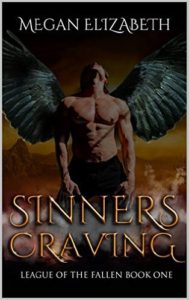
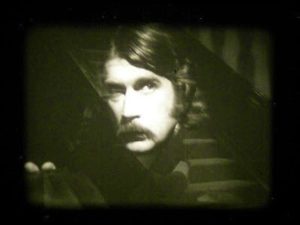
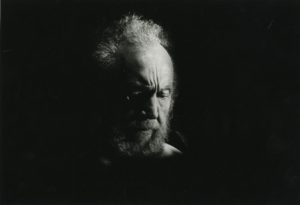 How was the movie received?
How was the movie received?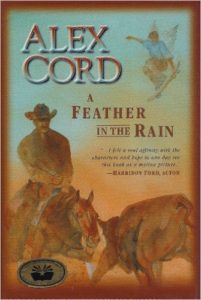
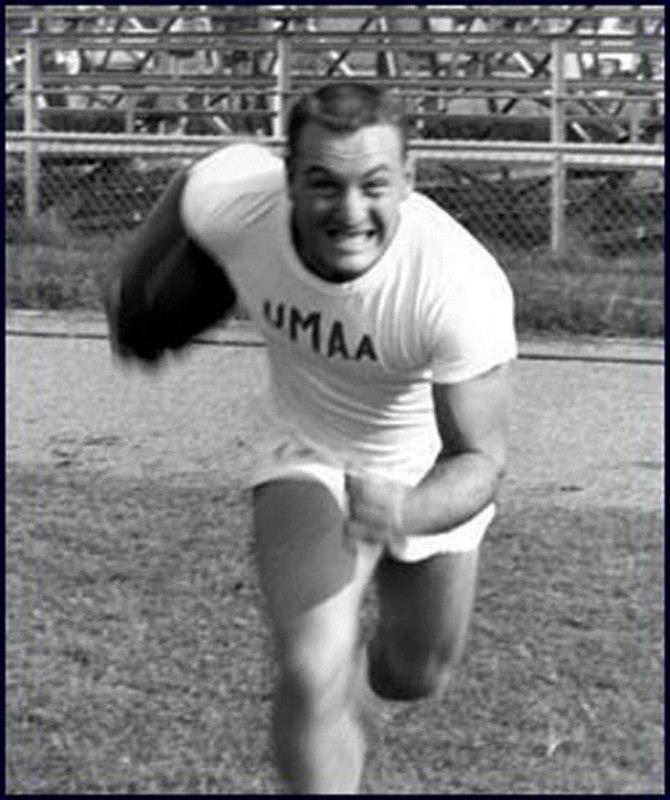
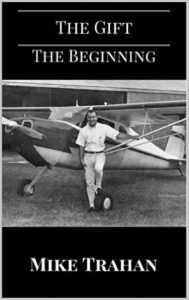
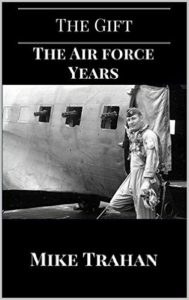
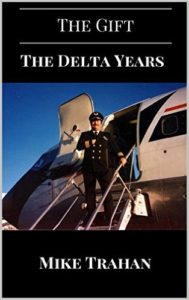
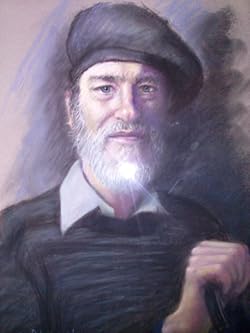
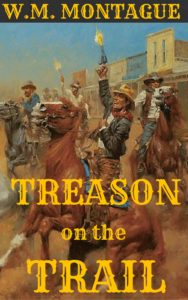
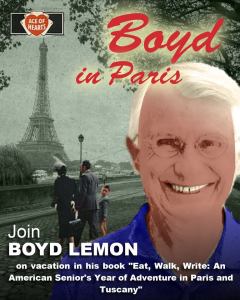
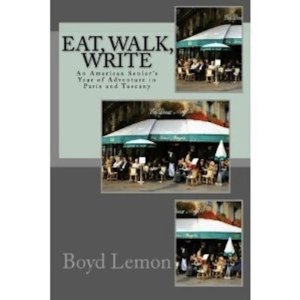
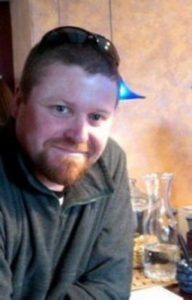
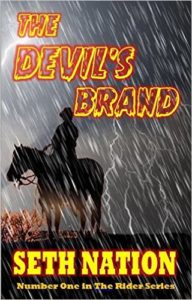
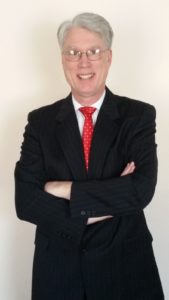 If you are asked about a man named Bruce—many come to mind. There’s Bruce Springsteen, Bruce Jones, Robert the Bruce… and Bruce G. Bennett. The quintessential Western author.
If you are asked about a man named Bruce—many come to mind. There’s Bruce Springsteen, Bruce Jones, Robert the Bruce… and Bruce G. Bennett. The quintessential Western author. 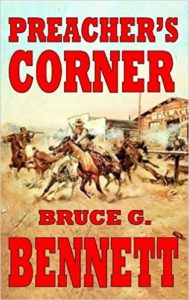
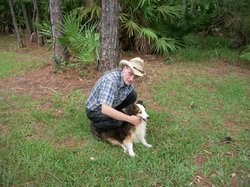 When it comes to big names, in a big industry, John D. Fie., Jr. stands out. His two giant-sized hits have both been in the top ten for months, and he has a third book on the way. Fie isn’t just content to be “another” author. He has crafted his way into the big league… it’s nothing these days to be a legend—so we’ll just call Fie a Cowboy. And let’s see what the Cowboy has to say about his great success…
When it comes to big names, in a big industry, John D. Fie., Jr. stands out. His two giant-sized hits have both been in the top ten for months, and he has a third book on the way. Fie isn’t just content to be “another” author. He has crafted his way into the big league… it’s nothing these days to be a legend—so we’ll just call Fie a Cowboy. And let’s see what the Cowboy has to say about his great success…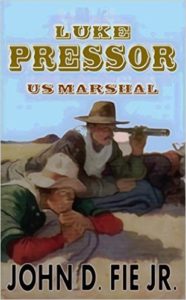
 I had a dream. To spend all of my life in one place doing something for others in an industry where few things are done for the benefit of others. The one message that I wanted, and will always want to continue to give to the world, is that if you can dream it—you can achieve it. Nothing is impossible. If the idea comes to you, only you can make it or break it. That’s why I am addicted to optimism. I have a faith that is, for want of better words, sensational. I don’t care what the genre is; I don’t care who the author is; I don’t even care whether or not you’re a professional writer. That’s not the subject. I am not here to lecture you and tell you what is wrong with your dream—I am here to help you. I am a follower of optimism, and that optimism gives me faith in your ability to tell a story. All of you can be followers of optimism no matter what your background or faith. I don’t promote a service—I promote a relationship. I don’t promote a series of doctrines. I promote a person. An author.
I had a dream. To spend all of my life in one place doing something for others in an industry where few things are done for the benefit of others. The one message that I wanted, and will always want to continue to give to the world, is that if you can dream it—you can achieve it. Nothing is impossible. If the idea comes to you, only you can make it or break it. That’s why I am addicted to optimism. I have a faith that is, for want of better words, sensational. I don’t care what the genre is; I don’t care who the author is; I don’t even care whether or not you’re a professional writer. That’s not the subject. I am not here to lecture you and tell you what is wrong with your dream—I am here to help you. I am a follower of optimism, and that optimism gives me faith in your ability to tell a story. All of you can be followers of optimism no matter what your background or faith. I don’t promote a service—I promote a relationship. I don’t promote a series of doctrines. I promote a person. An author.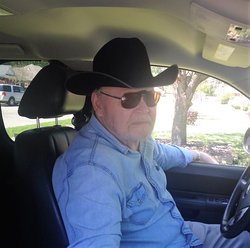
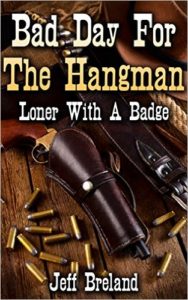
Recent Comments